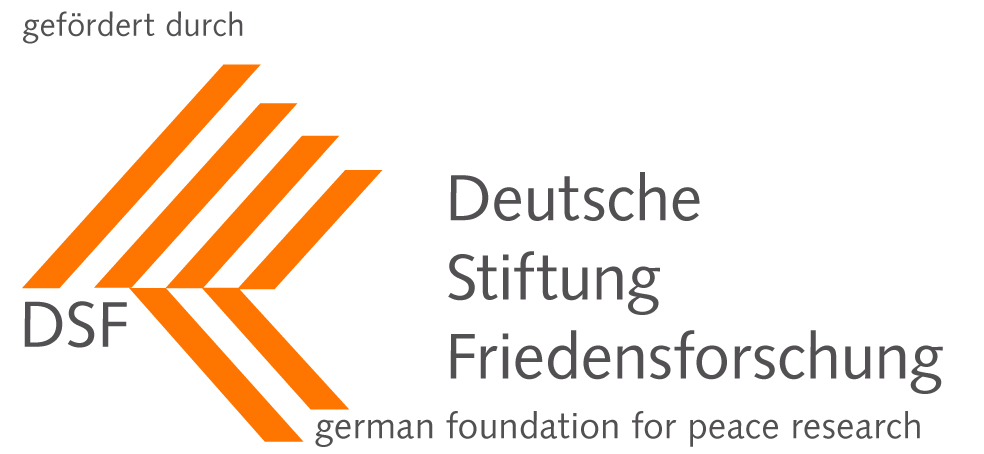Project funded by the German Foundation for Peace Research
Duration: 09/2017 – 08/2019
Researchers:
Dr. Nina Engwicht, full-time research fellow at the Peace Academy
Christina Ankenbrandt M.A., half-time research fellow at the Peace Academy
Associate Fellow
Dr. Sascha Werthes, Full-time Senior Lecturer at the Trier University;
Project Homepage:
https://www.uni-koblenz-landau.de/de/friedensakademie/forschung/ur-laufende-projekte
Abstract
“Bad” governance of natural resource sectors is increasingly gaining acknowledgment as a risk to the successful and sustainable consolidation of peace in post-conflict societies. This is especially true in cases in which natural resources have previously been linked to the escalation and perpetuation of violence. Accordingly, (inter-)national peacebuilding and state-building strategies today increasingly feature transformations in natural resource governance, striving to ensure that the management of natural resources is legal, transparent and beneficial to lasting peace and development. However, these macro-level oriented measures rarely take into account the socio-political and socio-economic impacts of natural resource management on individual and community security and the well-being of conflict-affected populations. This research project aims to fill this research gap by explicitly taking a human security perspective on natural resource management in post-conflict societies. Its guiding interest is to find out how institutional change in natural resource sectors affects human security in transitional societies.
In a comparative study, it investigates two cases of natural resource sectors that have been strongly associated with violent conflict and human insecurity: The diamond markets in Sierra Leone and Liberia have been linked by violent conflict and have since undergone comparable changes in sector governance. Through analysis and systematic comparison of these two cases, the project will determine how transformation in natural resource sector governance impacts human security on the micro-level of communities affected by conflict and resource extraction.
The project will further the academic knowledge on the interplay between natural resource abundance, violent conflict and peace-building in three regards: First, by examining the effects of resource sector governance through an analytical lens of human security, thereby allowing for a complex understanding of the successes and failures of governance transformation in natural resource sectors. In particular, a human security approach is able to take into account the intended and unintended consequences of governance measures and their impact on vulnerable communities. Second, the project links relevant literatures that, as of yet, hardly speak to each other – in particular ethnographic research raising concerns about livelihood protection in extractive communities and policy-oriented research on state-building and institutional reform that largely ignores these warnings. Thirdly, the project will source original data on two highly relevant yet under-researched cases of governance change in resource sectors.
The results of the research project will be highly important and transferable to the practice of policy design and implementation. They will generate insight into the intended and unintended as well as the beneficial and harmful consequences of governance measures on vulnerable communities in post-conflict states. They will be able to inform policy recommendations aimed at developing context-sensitive strategies of natural resource governance that are truly beneficial to local communities affected by conflict and resource extraction.

